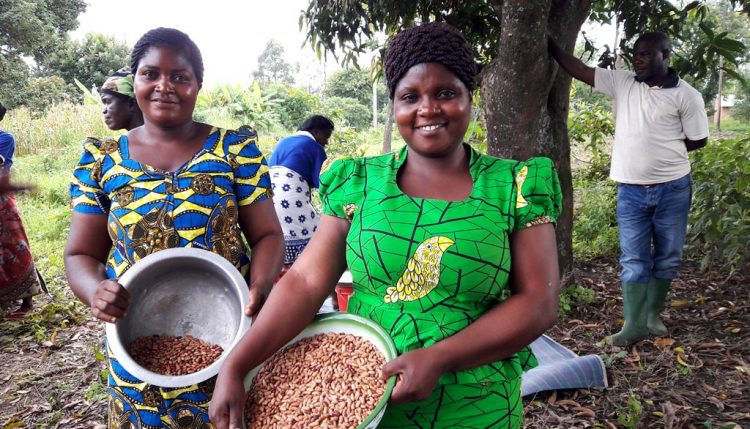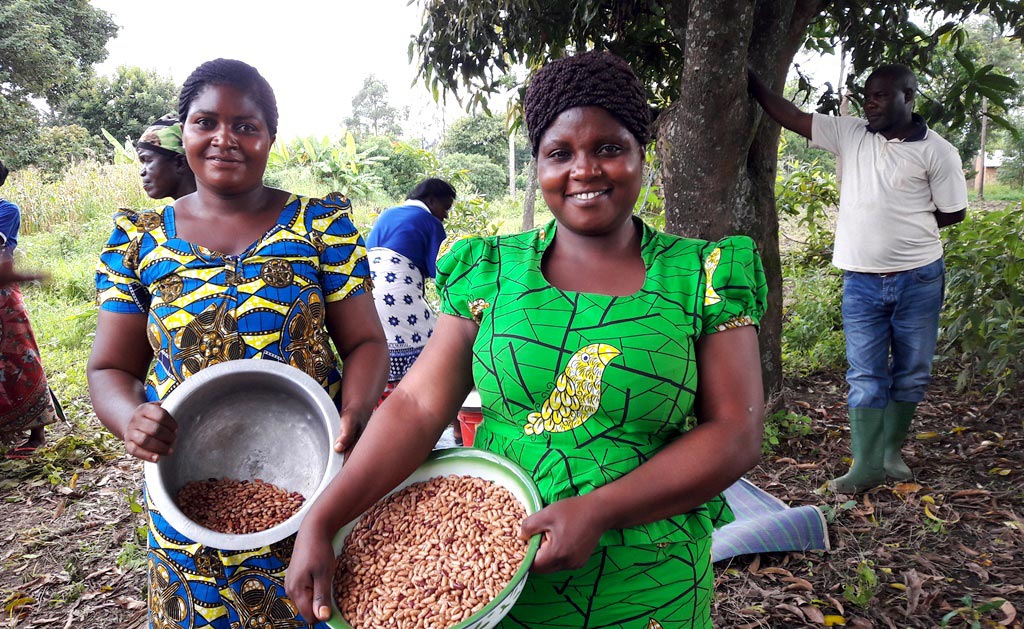
Legumes change fortunes of farmers and empower women in the Southern Highlands of Tanzania
While it is the number one cash crop for most farmers in Tanzania, maize is getting a serious run for its money from legumes such as beans, groundnut, and soybean which are becoming commercial crops in the cool and hilly terrain of the Southern Highlands. In addition, legumes are also good for tackling malnutrition and soil infertility as they are a cheap source of protein and are able to fix nitrogen from the air into the soils.
This turn of events is being fueled firstly by many years of collaboration between farmers and Tanzanian and international research institutions, a range of development partners, and the private sector that has seen the development and dissemination of improved varieties and good agronomic practices enabling farmers to increase their legume yield by up to four times.
These include the government-funded Uyole Agricultural Research Institute with technical backstopping from international research organizations such as IITA, International Center for Tropical Agriculture (CIAT), International Crops Research Institute for the Semi-arid Tropics (ICRISAT), and Wageningen University; development NGOs such as One Acre Fund and Farm Inputs Promotion Services (FIPS) and support from the Tanzanian Government and the Bill & Melinda Gates Foundation.
And secondly, a ready market within and in the neighboring countries of Zambia, DR Congo, Malawi, and as far down as South Africa has also contributed to legumes getting more attention nowadays.

